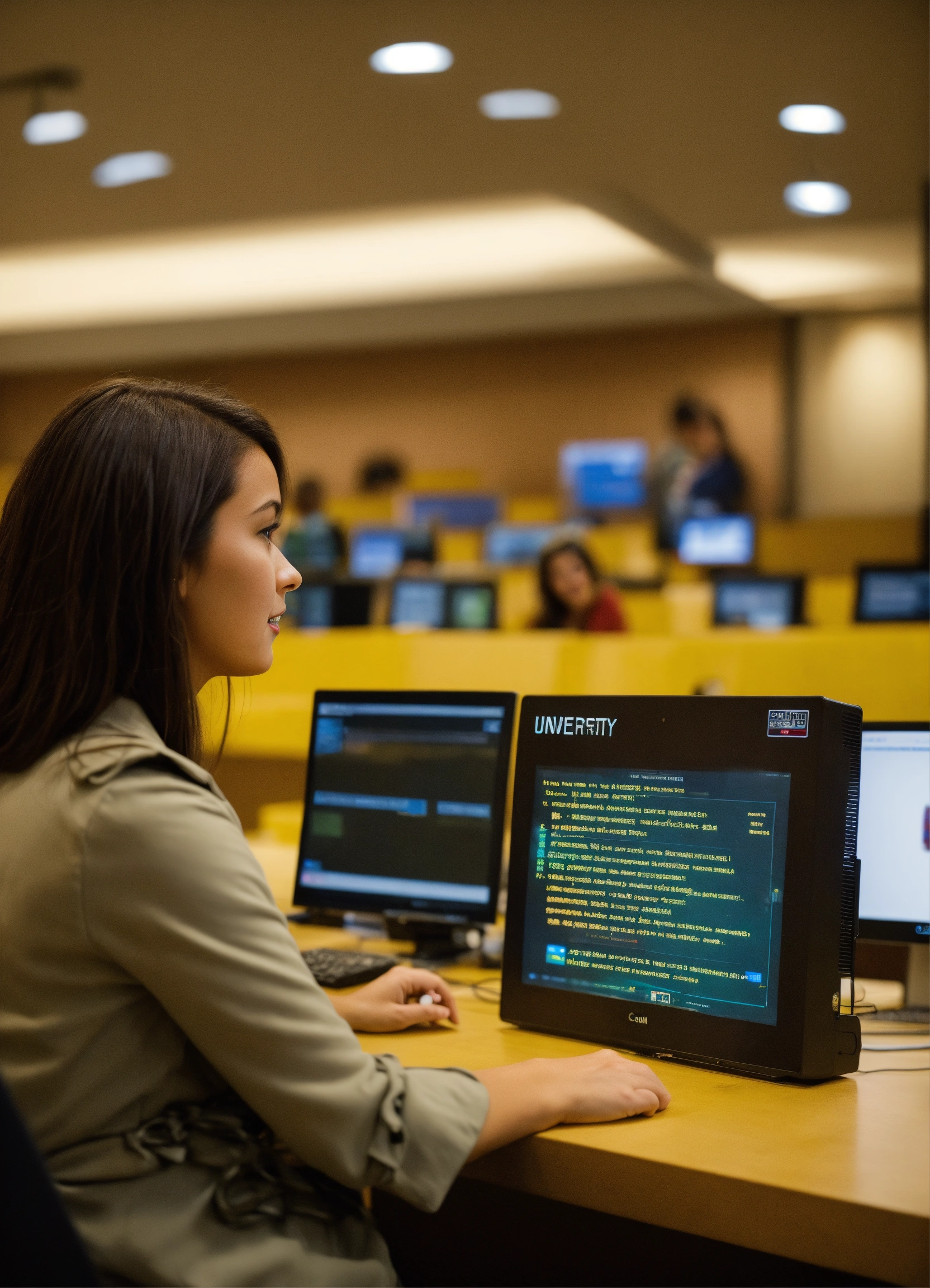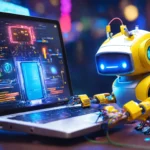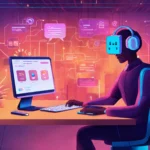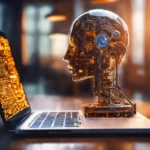Operating systems (OS) are the backbone of modern computing, enabling hardware and software to work together seamlessly. Over the years, OS technology has evolved from simple command-line interfaces to AI-powered, cloud-based platforms. In 2025, new trends in AI integration, security, and cloud computing are reshaping how operating systems function.
🔹 Topics Covered in This Article:
✅ How Operating Systems Have Evolved Over Time
✅ The Top Operating Systems in 2025
✅ AI & Cloud Computing in Modern OS
✅ Future Trends in OS Technology
1️⃣ The Evolution of Operating Systems
Operating systems have changed significantly over the decades:
📌 1960s-1980s – Mainframe systems (Unix, MS-DOS).
📌 1990s – Graphical User Interfaces (Windows 95, Mac OS).
📌 2000s – Open-source and mobile OS (Linux, Android, iOS).
📌 2010s – Cloud-based and AI-driven OS (Chrome OS, Windows 10).
📌 2020s – AI-integrated, voice-controlled, and cloud-powered operating systems.
🚀 Example: Windows 11 and macOS Sonoma now use AI-driven features for better performance and user experience.
2️⃣ The Top Operating Systems in 2025
🔹 Windows 11 & Beyond – Microsoft is adding AI-powered automation and security enhancements.
🔹 macOS (Apple) – Focuses on seamless ecosystem integration with iPhones & iPads.
🔹 Linux (Ubuntu, Fedora, Arch) – The choice for developers & cybersecurity experts.
🔹 Chrome OS – A lightweight, cloud-based OS for web users.
🔹 Android & iOS – Dominating the mobile OS market with AI-powered assistants.
📌 Fact: Over 70% of businesses now use cloud-based operating systems instead of traditional ones.
3️⃣ AI & Cloud Computing in Modern Operating Systems
Artificial Intelligence and cloud computing have completely changed how OS function:
✅ AI-powered Automation – Smart assistants manage system performance.
✅ Cloud-based OS – Chrome OS and Windows 365 allow users to work from any device.
✅ Enhanced Security – AI-driven malware detection & biometric authentication.
✅ Voice & Gesture Control – Users interact with their OS using voice commands.
🚀 Example: Windows Copilot helps users with AI-powered productivity features.
4️⃣ Future Trends in OS Technology
🔮 AI-First OS – Future operating systems will be designed around AI, automating most tasks.
🔮 Decentralized & Blockchain-Based OS – More secure and private than traditional systems.
🔮 Universal Compatibility – OS will work across all devices, from PCs to VR headsets.
🔮 Neural Interfaces – Brain-computer interaction could replace traditional keyboards and touchscreens.
📌 Fact: By 2030, over 90% of personal and enterprise computing will be cloud-based.
💡 Conclusion: The Future of Operating Systems
Operating systems are becoming faster, smarter, and more secure with the help of AI and cloud computing. Whether you’re a casual user or a developer, understanding these advancements will prepare you for the next wave of computing.
💬 What operating system do you use? Do you prefer Windows, macOS, or Linux? Let us know in the comments!










